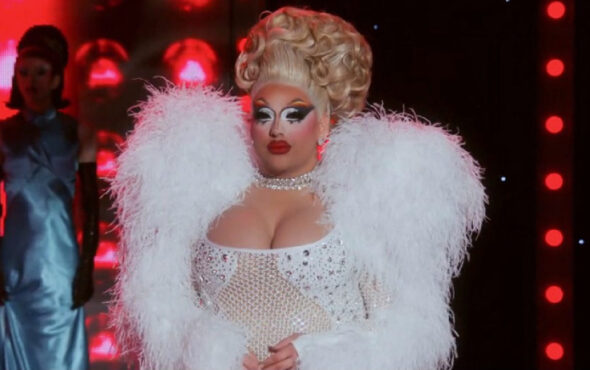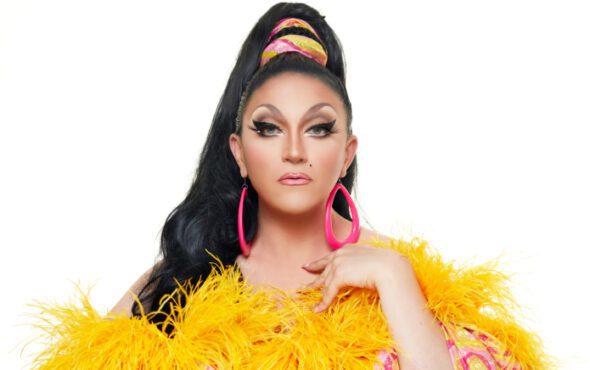
Olympic gold medalist Tom Daley called on sports organisations to fight for more inclusivity and less discrimination.
Over the last few years, LGBTQ+ athletes have steadily made their mark in the sports world by living their truth openly and proudly.
However at the same time, governing bodies like FINA, the British Triathlon, and various rugby leagues have introduced rules that have effectively banned trans athletes from participating.
In a recent interview with The Independent, Daley opened up about the importance for sporting bodies to create a welcoming environment for all.
“We should be sending out a message to everyone that everyone is welcome no matter who you are, where you come from, your gender, race, sexual orientation, religion, whatever it is , everyone should feel welcome when they try sport,” he told the news outlet.
Daley then pointed out the recent anti-trans moves from the aforementioned organisations, stating: “I just think to myself when I was younger. I’m not transgender, obviously, but if I was told as a gay man I was never able to compete because of who I was, then, of course, I’d never have tried.”
Daley also said that the sporting world has a “long way to go” until it’s genuinely an LGBTQ+ inclusive space.
View this post on Instagram
“In most businesses, there isn’t that exclusion. And if there is that, then there’s lots of HR people that would step in whereas sport just seems to be a case of, ‘Oh, well no, that’s not sport,'” he explained.
“It’s this form of entertainment, essentially, for lots of people around the world. Yet it’s probably one of the most heteronormative spaces. Men have to be masculine and are only able to do it in a certain way.
“It’s just doesn’t make sense to me, and obviously, there’s a long way to go with that.”
While the sports world may be going backwards regarding fairness and inclusion, there have been some wins for LGBTQ+ representation in sports, according to Daley.
“When I came out, there weren’t really any other out athletes that were still at the top of their game,” he said.
“Lots of people would come out towards the end of their career or when they retired. But now the amazing thing is that at the Olympics just gone, they had more out athletes than all of the previous Games combined.
“So that is a huge thing for visibility. And it’s not like they weren’t there before. They were, but now they just feel comfortable being openly about who they are.”



